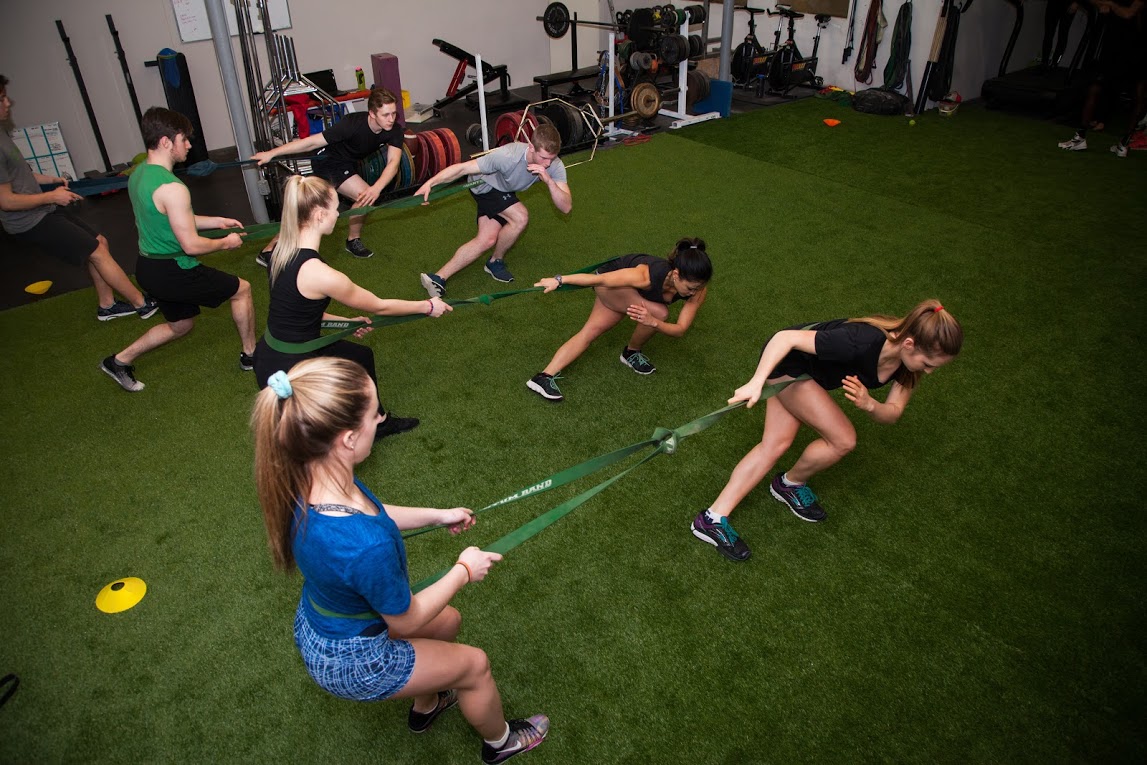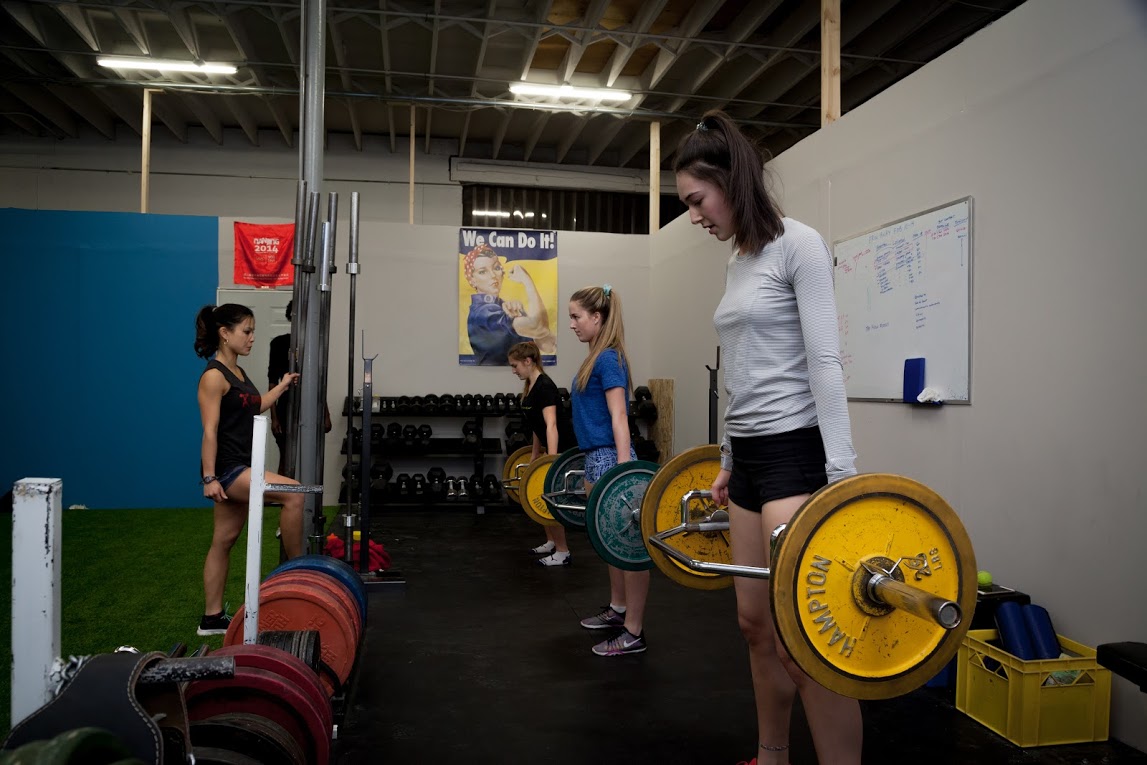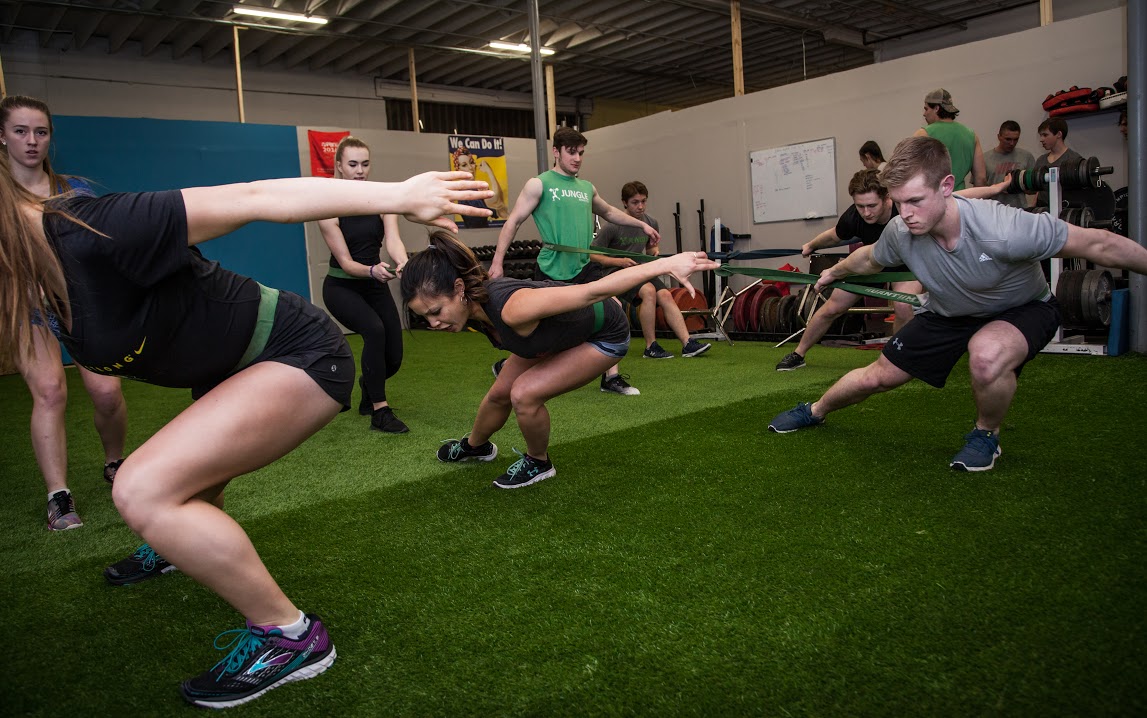
Building Powerful And Dynamic Youth Athletes
Increase your speed by 1 mph and vertical by 3″ in 30 sessions.
We GUARANTEE to help build the physical and mental strength to become the most dominant athlete on and off the field.
Unlock your child's full potential with tailored training that builds strength, speed, and explosive starts. Ditch generic programs—our personalized approach and 90-day progress reports ensure real results they can see and feel.
There is no Substitute for Speed
Our training methods were forged under the uncompromising spotlight of the Olympic games. Jungle head coach Greg Almon spent four years living and working in China, helping to produce a radically new type of athlete. Exposed to the most modern training in the world, Coach Greg helped the Chinese short-track speed skating team produce 7 gold medals at the 2010 Vancouver Olympic Games. Radically change your game at the Jungle.
PROGRAMS

COACHING

GOALS
